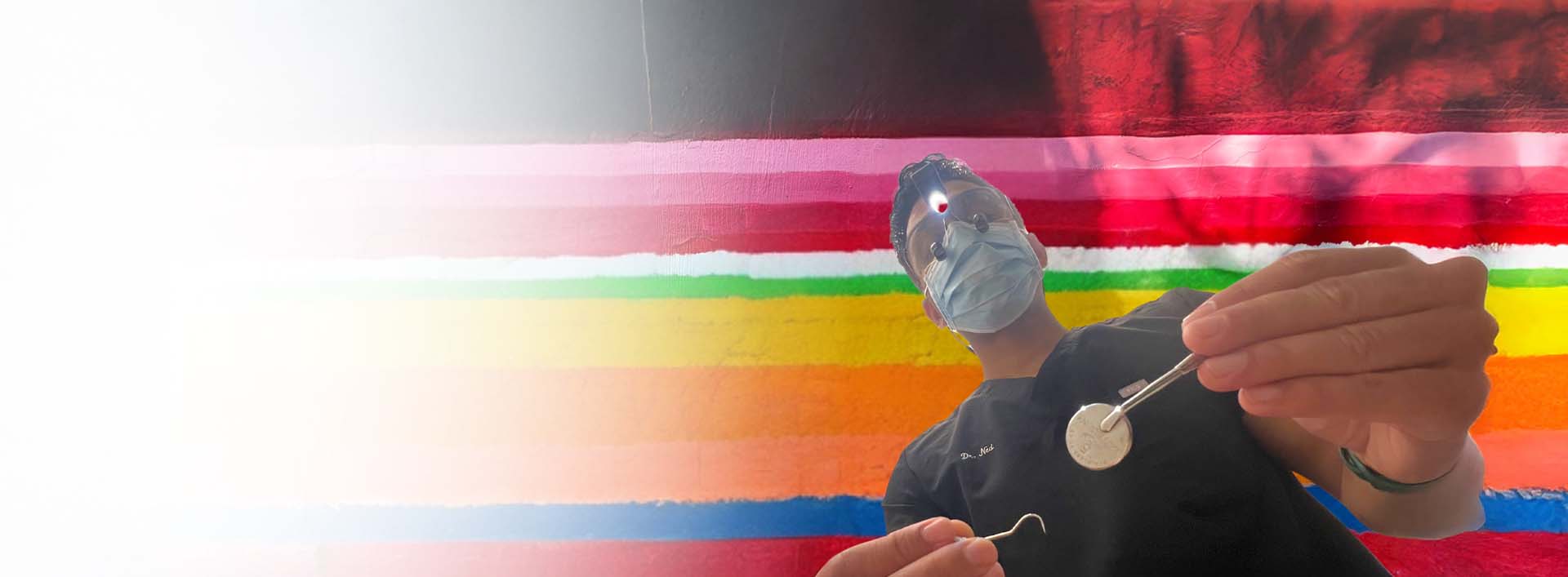
Prescriptions: You will be given three prescription medications after your surgery. An antibiotic, and two medications for pain. It’s very important that you take the antibiotic until completion. This will minimize the chance of infection at the surgical site. The pain medications you will only take as needed for pain. Ibuprofen 800 mg is an anti-inflammatory, so it will help keep swelling down. It will not make you drowsy, so it’s good to take during the day. Take the Tylenol #3 if you need something stronger, or if you’re having trouble sleeping at night. It contains Codeine, a narcotic, which means it will make you drowsy, and for some people it can upset their stomach, so please only take it if necessary and with caution.
You will be numb for a few hours after leaving the clinic, so it is recommended to fill your prescriptions immediately and take an antibiotic and a pain medication as soon as possible. This will ensure that the pain medication takes effect as the anesthetic wears off.
Pain peaks during the first 24-48 hours after surgery, so manage this pain with the provided prescription medications. And remember to finish the antibiotic, even if the pain disappears! An unfinished antibiotic regimen will only WEAKEN the bacteria, and not completely kill it, which could create a relapsed infection or worse, a strain of drug-resistant bacteria.
Bleeding after placing a bone graft is usually minimal, since the membrane and sutures seal the site. To help stop residual bleeding, we will send you home biting on gauze that applies pressure to the surgery site. Maintain firm pressure for 45 minutes. In some cases we will send you home with extra gauze. If after 45 minutes the site is still bleeding, take two squares of gauze, fold them in half, roll them up like a tootsie roll, and again apply pressure to the site for an additional 30 minutes. If you don’t have any gauze, use a moistened tea bag. The tannins in the tea help promote clot formation.
Avoid eating on the side of the extraction site as much as possible and stick to softer food for at least 7 days. Impacts with harder foods can interrupt the healing process, dislodge the sutures and membrane, and can be painful and damaging to the tender gum tissue. Foods like bread, mashed potatoes, chicken, rice, noodles, pureed fruit, bananas and ice cream are all great examples.
Starting the day after surgery and for one week, use a warm salt water rinse after each meal to flush out food particles and debris that may accumulate in the surgical site. Place a teaspoon of salt in warm water, mix and rinse gently - rather than swishing vigorously like with mouthwash, tilt your head back and forth with the salt water in your mouth, and do not spit forcefully into the sink, but rather let the water fall out of your mouth.
Avoid brushing the two teeth directly adjacent to the extraction site. You can brush the rest of the teeth like normal with a soft-bristled toothbrush, and a Q-tip with toothpaste to gently clean the teeth adjacent to the site.
Avoid alcohol-containing mouthrinses for 7 days. Sometimes, a prescription Chlorhexidine rinse is prescribed, which should be used for 3 days following surgery.
Avoid strenuous exercise (think heavy weight-lifting) for 4-5 days. Light exercise (brisk walk, jogging) is fine 24 hours after the surgery.
Alcohol should be avoided for at least 5 days following surgery.
Smoking should be avoided for at least 7 days after surgery.
Take your medications as directed, especially the antibiotic. Slight swelling and discomfort is normal, and should begin to subside 72 hours after surgery. If it gets worse, contact the clinic.
Do not be alarmed if you get occasional bone particles that escape from the extraction site. They will feel like little grains of sand in your mouth, and there are almost always several granules that will find their way out, especially during the first few days. This is NOT an indication that something is wrong.
Most of the time resorbable sutures are placed, so they will dissolve and fall out on their own in about a week. If the doctor places non-resorbable sutures, he or she will let you know, and you will need to return to the clinic in one to two weeks to remove them.
If we delivered a temporary one today, you may keep it in until night time. The pressure of the temporary on the gums will help control any residual bleeding. In order to clean the temporary at night, use a soft-bristled toothbrush to remove any food debris, then store it overnight in water mixed with a teaspoon of baking soda. The baking soda is a gentle way to clean the temporary without any harsh chemicals.
A healthy and beautiful smile is not only an attractive asset, it is essential to your overall well-being. At Alta Dental, you will receive the finest quality dental care delivered in an environment that is both comfortable and caring.
With today’s array of sophisticated and modern dental technology even the most challenging smiles can be transformed into ones that dazzle. We use the most advanced techniques to provide all our patients with outstanding results! Come check us out today!
